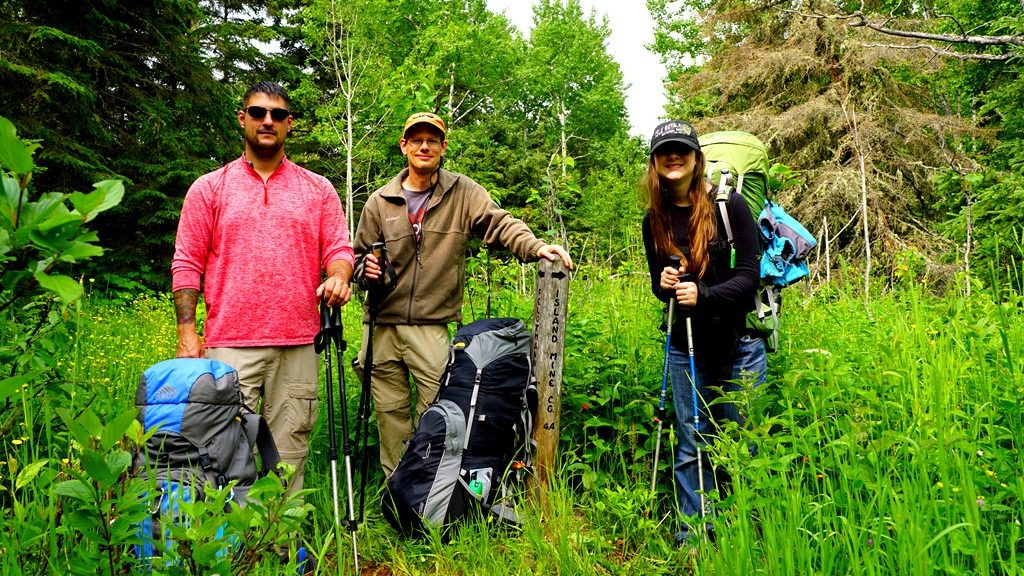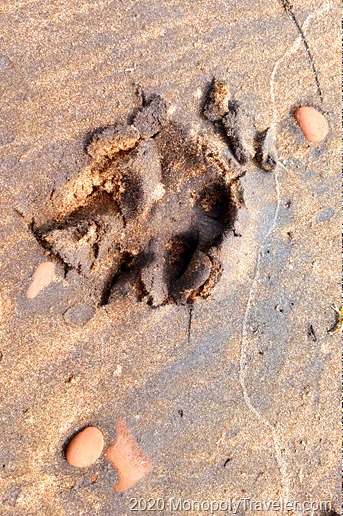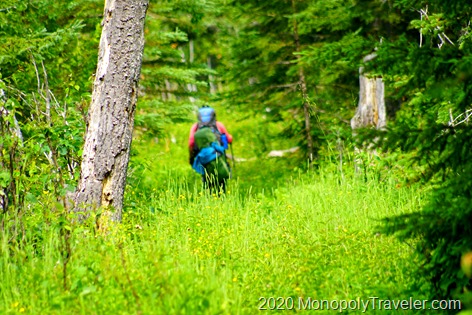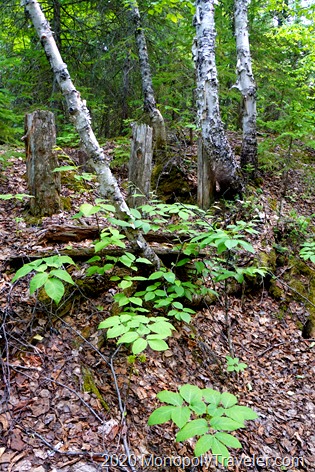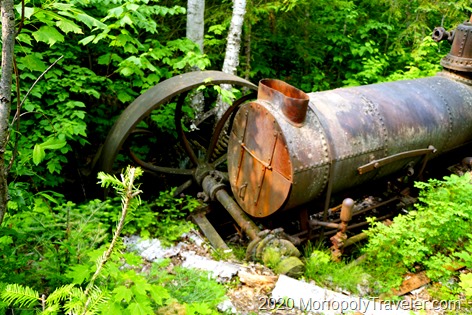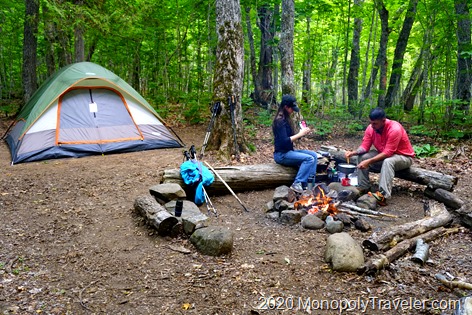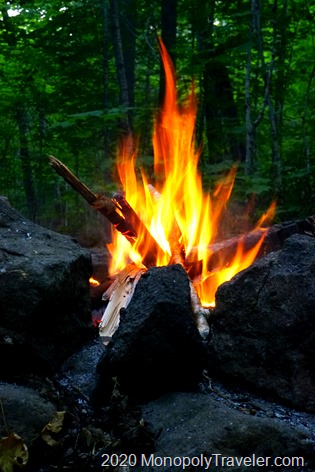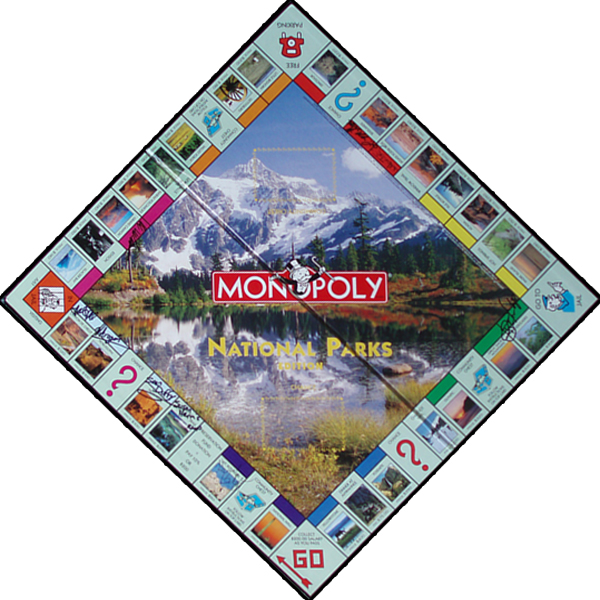Last summer my daughter Kris, cousin Chad, and I went to Isle Royale on a backpacking adventure. I’ve written posts on the first part of that trip from Windigo to Feldtmann Lake and onto Siskiwit Bay previously. This is a continuation of our experience on the island.
After a full day of resting and enjoying the area around Siskiwit Bay it was once again time to pull on our packs and head out. The destination was Island Mine Campground which was only 4 1/2 miles away but we decided to get an early start to the day. Mosquitoes could be bad there and if that’s the case we wanted enough time to continue hiking on towards Windigo. Camping in a mosquito infested area is not that fun as the safest place is inside a tent after killing whatever insect followed inside. Spending an afternoon swatting these pests was not our idea of fun so we wanted to give ourselves the opportunity to keep going in daylight if necessary. If we hiked at our average pace we should be there in 3 hours, 4 if we really take our time. That would still give us enough time to continue the 6 1/2 miles to Windigo and arrive before dark.
The first two miles of the hike are along the shore of Siskiwit Bay. Half of those two miles are along the beach. While navigating the beach and trying to stay dry from waves washing up on shore, we came across fresh wolf prints in the sand. This must have been the wolf cry we heard the night before. These were recent because we had walked this same beach the day before and there were no wolf tracks in the sand at that time. By this time we had seen everything but a wolf itself. There was a kill and scat on the way to Siskiwit Bay, a howl in the night, and now the tracks. Seeing an actual wolf would have been amazing but to see all of these signs and hear one was more than I expected so I was quite satisfied just to know they were near.
Making our way around the bay, we came to a place with a sharp left turn. This will be the last view of Lake Superior for the next day as our next campsite will be in the middle of the Island. The trail slowly begins to ascend as we moved inland and the mosquitoes seem all to happy to welcome us back to the woods. Dowsing ourselves in bug spray, these irritating pests added motivation to keep moving with their constant hum as they searched for any little spot without repellant on it to steal blood. After seeing so many moose near the previous camp sites, we were always on the lookout for one that may pose danger on the trail. This can be a challenge because you also have to keep your eyes on the trail lest a rock or root jump up from the ground and trip you. Falling on the trail with all of that extra weight on your back is a good way to get the air knocked out of you or twist your ankle. Not something we wanted to experience during this adventure.
It seemed like a very short time, but we had hiked for a couple of hours when we came upon the abandoned mine this area is labeled after. Large piles of tailings highlight the entrance with few plants covering them even after a century of closing. Walking over these first piles you begin to see equipment left here from a long time ago. In one are there was something built that could have been a mine shaft or storage facility which you can see in the photo above. Many of the pieces have been weathered over the years bringing a further authenticity to this historic site. We spent nearly an hour exploring this old operation imagining how things were done from the placement of the equipment, tailings, and excavation locations. It was fun to be able to take our time looking over this site and imagine the people and how they worked here, even for a short time wondering if this would have been something I would have enjoyed doing back in the day.
With a little under a mile to go, we got back on the trail heading towards the campsite a little under a mile away. The remaining hike continued through a mature forest of maples, firs, and aspen up and down hills. What a sight this area must be in the fall as the trees explode in reds, oranges, and yellows preparing for winter. Eventually we came to a creek crossing with a steep hill to climb. The hill would be a bit of a challenge anyway but with all of our extra weight it was even more daunting. With the aid of small trees to help with the climb we made it to the top and saw the sign laying out the campsites. We’re already here we thought? And at the same time had a sigh of relief to be able to pull the packs off and set up camp. We were the only ones at this campsite, for now. Before getting too much pulled out of our packs we took a little time to feel out the bug situation. How bad were the mosquitoes? Do we continue on to Windigo or are they tolerable enough that we can stay as planned?
There really weren’t many mosquitoes in this location and water was available a short distance away so we decided to spend the night in the only campsite on Isle Royale that isn’t near water. And one of the few that allow fires. The tent was excavated from a backpack and quickly set up with sleeping bags and pillows and most of our gear stored for the night. We gathered wood to start a fire and began cooking our main meal of the day. While hiking the meals consist of trail bars, trail mix, and whatever else is in a bag for snacking but when in camp we cook something more substantial to aid in recovering from a strenuous journey on the trail. While eating, the quietness of the woods begins to settle in and you realize you’re alone as no other hikers had come through while we’ve been in camp. We could yell at the top of our lungs and no one would be able to hear us. It was possible the closest people to us were more than 4 miles away. Both comforting and disturbing! Thoughts quickly shifted to our time together in this beautiful place as we have just one more hike to bring this incredible adventure to an end.
Previous posts of this trip:

